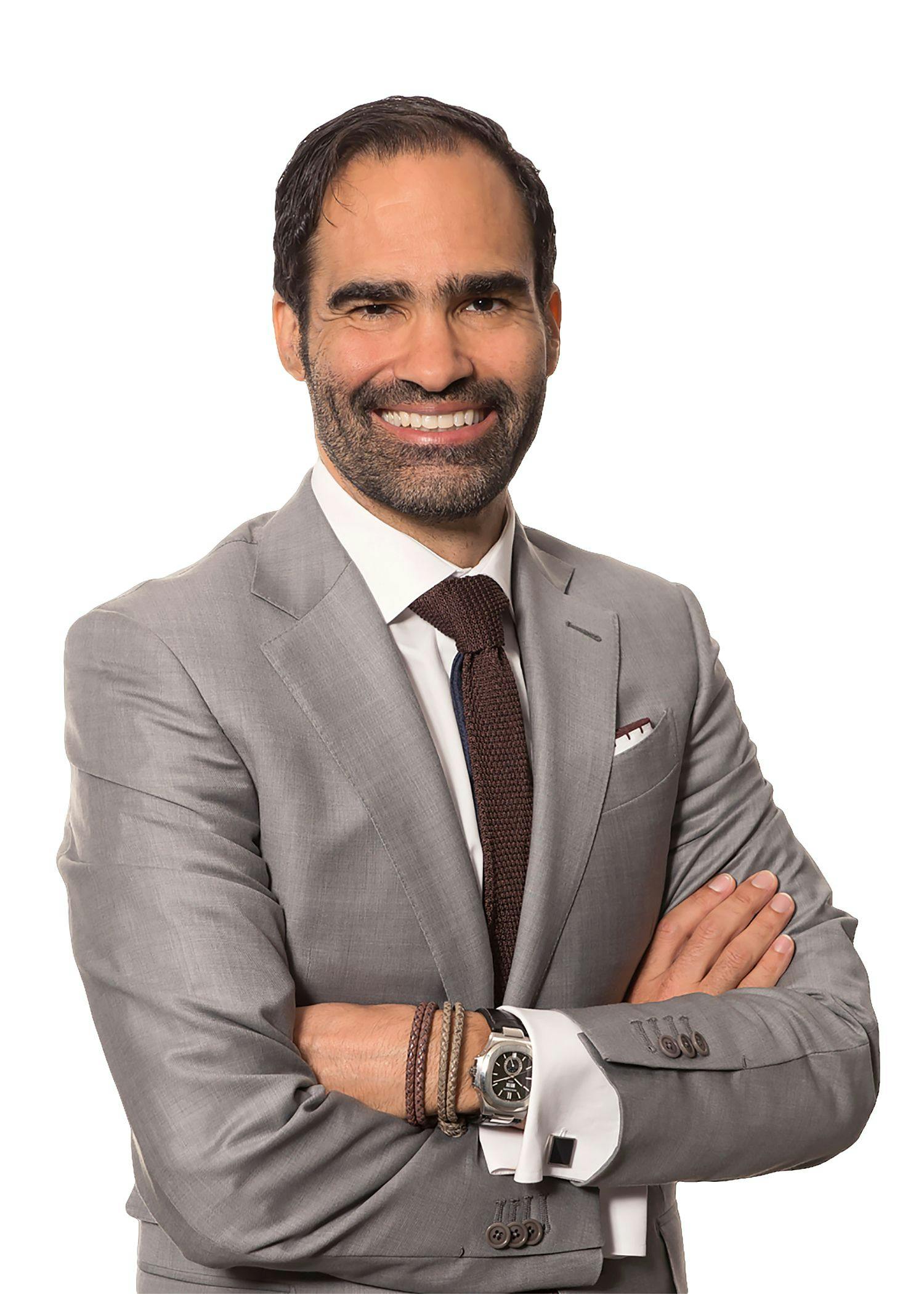Recently, a top manager at an indie beauty care brand confided that she was having a hard time describing her brand at one of their recent customer events.
One wouldn’t assume anything was wrong with the brand. The leadership team members are all millennials — just like the target audience. The brand gets consistent 5-star reviews for their service and their product quality. It is one of the few brands I know that I would describe as “authentic” as the entire staff is keyed into a shared vision, everyone is consumer-centric, and experience creation is at the heart of all brand activities.
Yet still, one of the most important leaders of the company acknowledged that it’s difficult to describe the brand. It was easier for the team to explain their products and services than to describe — with precision — what the brand was about. And when they attempted to describe the brand, most of the words they used were rationally explaining what the company was producing and how the service was delivered.
What they lacked were two important dimensions: What do we sell? And what do we inspire?
What do we sell?#
This is one of the most powerful questions brand leaders can ask themselves. What do we sell? It sounds banal, perhaps even stupid. But it is crucial to have this clarity. The answer cannot be a category answer. What do I mean by that? If I ask the CEO of a luxury fashion brand what they sell, and their answer is “high-end fashion,” then my typical answer is: “This is bulls**t.” That’s because everyone in that industry sells high-end fashion. It’s a typical category answer. I, like the customer, am more interested in knowing what the brand sells me as a consumer. What is the specific brand benefit I get from their products?
The second typical answer I get in luxury is: “We sell a dream, an experience.” This triggers the same answer. All luxury brands are in the business of selling dreams and experiences, so this answer is not precise enough to describe what the brand is really doing. We need to describe precisely which dream we are selling and which experience we are creating. Those dreams and experiences have to be extremely distinct and maximally differentiated from the dreams and experiences other brands sell. Only then can we create a distinctive and rational way to be a brand.
What do we inspire?#
Selling something based on rational reasons may work in low-interest categories, but it is not enough in luxury. In fact, to connect with millennials, it’s not enough in any category. They want us to create an emotional context for every brand — a reason why people should resonate with a brand.
This is what people want when they look for an authentic experience. They’re seeking meaning or a purpose they can relate to. When the purpose of the brand matches the purpose of the person, then there is the perception of authenticity, but only if this match is repeated over time. A one-time match is a precondition, while a repeated match creates authenticity and a deep connection. What do we inspire? Which emotional reaction do we expect from our consumers? What feeling do we want to invoke when they think about our brand?
To define the purpose is as important as to define what a brand is selling. It puts the brand into an emotional framework, making it tangible and desirable. It is also the strongest differentiator.
Brand audits and customer journeys#
A brand audit syncs the rational and emotional positioning together and validates the brand position. We usually do audits with our clients every two years to make sure that their positioning is still relevant in the context of current competitive dynamics and always-evolving consumer trends. We use AI-based consumer consent measurement as a base to conduct the audit. It allows a brand to measure the perception of the brand by using data instead of gut feelings. In all cases, it reveals insights that otherwise would remain hidden and allows for dramatically higher precision than any other methodology. Together with the management team (typically the CEO, CMO, sales director, and experience director) we conduct an internal and external assessment of the brand positioning and delineate a precise brand positioning approach that combines both the rational and the emotional.
To connect with millennials, either in China or beyond, this exercise is indispensable. Sharper positioning helps to differentiate brands and, in a second step, lets them create a branded customer journey where each touchpoint is optimized to reflect what the brand sells and what it inspires. That rigorous assessment and design of a brand and its customer journey is the key to success in addressing millennials. It is the base for sustainable value creation. Doing business without a proper brand audit guarantees a brand will be perceived as untrustworthy. Knowing precisely what you sell and inspire is the only path toward authenticity.
Daniel Langer is CEO of the luxury, lifestyle, and consumer brand strategy firm Équité. He consults some of the leading luxury brands in the world, is the author of several luxury management books, serves as a regular keynote speaker, and holds management seminars in Europe, the USA, and Asia. Follow @drlanger

